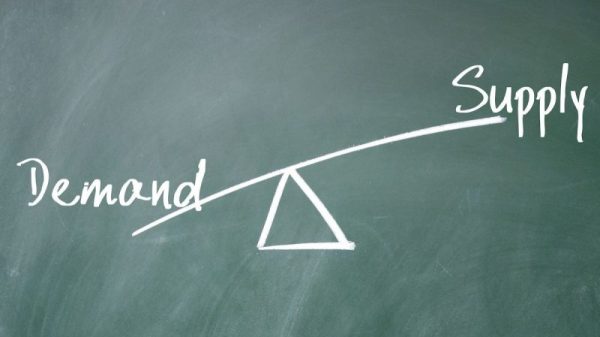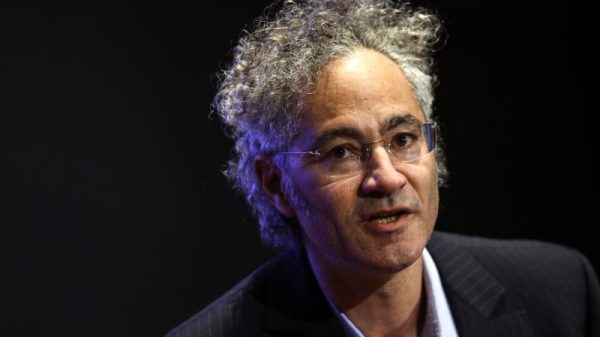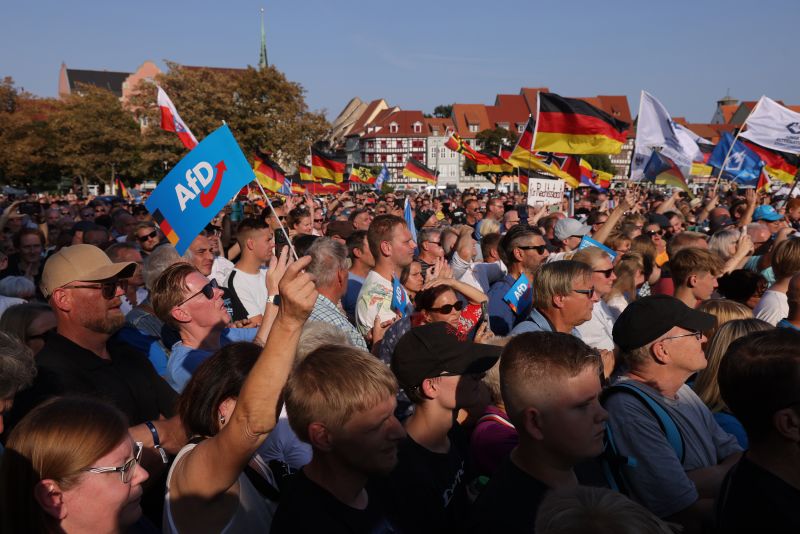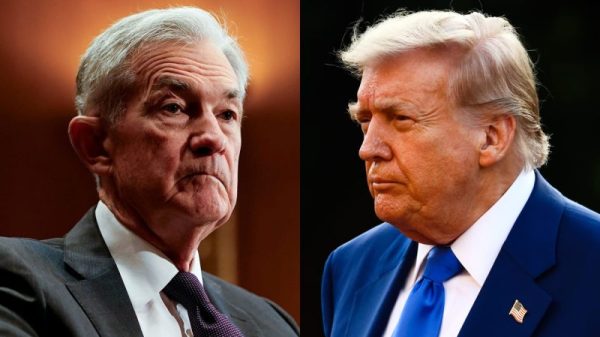The far-right Alternative for Germany (AfD) is now Germany’s largest opposition group and even topped several opinion polls – briefly putting it ahead of now-Chancellor Friedrich Merz’s center-right party – in the weeks after February’s federal election.
At the same time, the AfD is facing growing calls for an outright ban, most recently from another major political party.
In May, the country’s domestic intelligence agency formally classified the AfD as an extremist entity that threatens democracy. In a 1,100-page report, the Federal Office for the Protection of the Constitution, or BfV, also laid out its findings that the party was racist, anti-Muslim, and devaluing of “entire segments” of Germany’s population.
That move, which enables the BfV to better monitor the group , has reignited attempts to impose a ban, despite the party claiming a significant 20.8% of the vote in February’s national election – the best performance by a far-right party in the country since World War II.
The AfD has also enjoyed very vocal support from the Trump administration, with Tesla billionaire Elon Musk – who has since left his position in the Department of Government Efficiency (DOGE) – urging Germans to vote for the party in the run-up to the election. More recently, both US Vice President, JD Vance, and Secretary of State Marco Rubio have criticized Germany’s decision to classify the AfD as extremist.
On Monday, the center-left Social Democratic Party (SPD), which is currently serving as the junior coalition partner in Berlin’s conservative-led government, voted unanimously to begin efforts to outlaw it.
Legal basis?
Yet the legal path to banning the AfD is lengthy – and largely unprecedented.
Set up to avoid a repeat of Nazi rule, Germany’s political system operates on the basis of streitbare Demokratie, or “militant democracy,” meaning it is a democracy “determined and able to defend itself.”
In other words, the German state can actively defend itself against internal threats to its democratic principles and constitutional order, including through the banning of political parties.
However, two criteria must be met by Germany’s Federal Constitutional Court to form a legal basis for a ban.
Firstly, the party in question must be found to work against the country’s free democratic order, demonstrating an “actively belligerent, aggressive stance.” Secondly, the party must be popular enough to pose a tangible threat to democracy, a provision created in 2017 and called “potentiality.”
Parties found to meet the first criterion, but not the second, can be prohibited from accessing public campaign financing, but are allowed to continue with other activities.
“The opposite is true: its size demonstrates that it fulfills the criterion of ‘potentiality.’”
To begin the process of banning a party, a formal request must be made to the federal court. This request can only be made by either the government itself, the Bundestag, Germany’s lower house of parliament, or the Bundesrat, the legislative body that represents the country’s 16 regional states.
The court then decides whether to begin proceedings or throw out the application as unsubstantiated.
It must hold a full trial, examining thousands of pages of evidence and hearing witnesses, and considers whether the party violates the constitution in practice, Holterhus explained.
The court can then declare a party unconstitutional. The party would then be dissolved and banned from all political activity. It would also be prohibited from creating any substitute organizations.
At least two-thirds of the court’s justices must be in agreement in order to make the declaration.
In practical terms, if the AfD were to be banned, its sitting lawmakers would receive an automatic loss of mandate at the regional and federal level as well as in the European parliament.
Of the 152 seats the AfD currently has in the Bundestag , 42 are direct seats, where the respective candidates individually won the districts by majority. These 42 districts would need to vote again to fill the seats with new candidates from other parties. The other 110 AfD seats, which are allocated using a party list system, would remain vacant until the next election cycle. Similarly, the AfD’s seats in the European Parliament would remain vacant.
In either case, this would result in a shifting of the majority ratio, meaning that the seats of all other parties would gain a higher significance.
The German Federal Constitutional Court has only banned two parties in the country’s history – and both were in the early postwar years. The Socialist Reich Party (SRP), a successor to the Nazi Party, was outlawed in 1952. Four years later, in 1956, the far-left Communist Party of Germany (KPD) was also banned.
Repeated attempts – in 2003, 2016 and 2021 – to ban the neo-Nazi National Democratic Party of Germany (NPD) have failed. Although the court in 2017 openly acknowledged the party was unconstitutional, it found that it didn’t pose a significant threat to the constitutional order. In January 2024, the court approved the freezing of the NPD’s state funding for six years.
Overall, Holterhus believes that it is difficult to impose a ban on a political party in Germany. “A party ban is considered a measure of last resort against the enemies of a democracy,” he said.
Adding fuel to the fire?
The rise of the AfD has triggered widespread unease, with protesters calling for it to be outlawed – most notably in early 2024, when tens of thousands of demonstrators descended on cities across Germany after it emerged that senior AfD party members had discussed a plan to deport migrants en masse.
Yet German lawmakers remain divided over the issue, with some fearing the move could backfire and fuel far-right sympathies.
Pointing to its classification as a right-wing extremist organisation, SPD co-leader Lars Klingbeil told party members at a conference Monday that efforts to ban the AfD should begin.
“The moment the domestic intelligence agency says this is a confirmed right-wing extremist party, there can be no more tactics,” he said.
Yet Merz’s Christian Democratic Union (CDU) – which leads Germany’s coalition government – is hesitant.
German Interior Minister Alexander Dobrindt, a member of the Christian Social Union (CSU) – the CDU’s Bavarian sister party – poured cold water on the SPD’s motion. Speaking to German news podcast “Table. Today,” he said that “decisions made at the SPD party conference are not yet a mandate for the interior minister.”
Merz has himself expressed caution over the move, telling newspaper Die Zeit in May that he is “skeptical” of procedures to ban political parties.
The AfD’s unparalleled public approval, not to mention support from the Trump administration, a powerful transatlantic ally, means its prohibition could have significant reverberations.
Some opinion polls found that, in the weeks after the Germany’s election , support for the AfD had crept up even higher than its 20.8% official result, briefly making it the most popular party in the country.
National polling agency Forsa in April found that the AfD was polling at a record 26% – putting it two percentage points higher than the CDU, on 24%. Currently, Forsa shows the AfD at 24% – four points behind the CDU.
With the AfD’s support reaching such heights, Holterhus sees a risk of creating a “martyr effect” in the case of a ban, with the AfD “staging itself as a victim of political opponents.” This, he said, could result in further radicalization of some of its supporters and even politically motivated violence.
Lengthy legal proceedings, he said, could further heighten the AfD’s platform while the move also risks the “wrath” of the Trump administration and could play into the populist narrative of an “undemocratic Europe.”





























